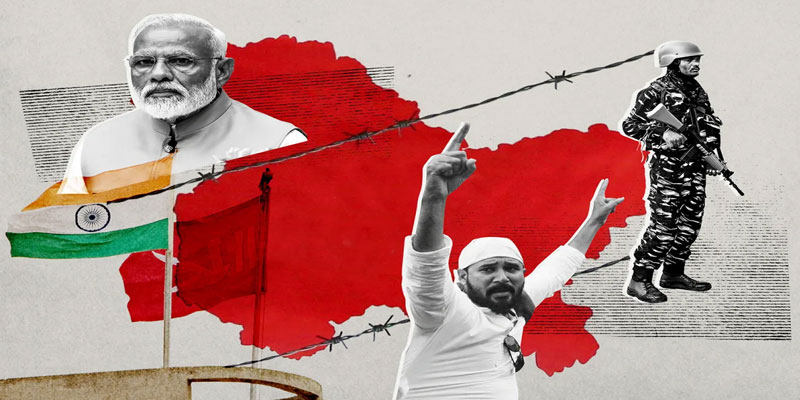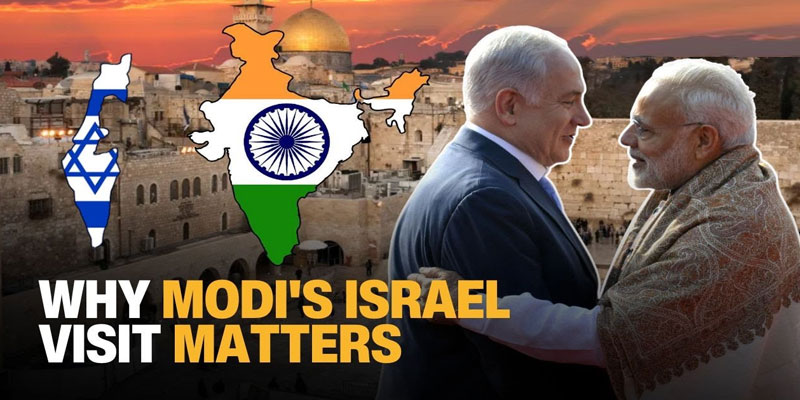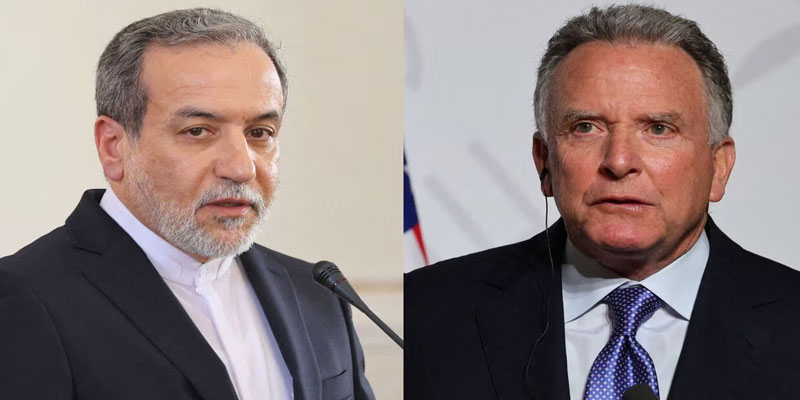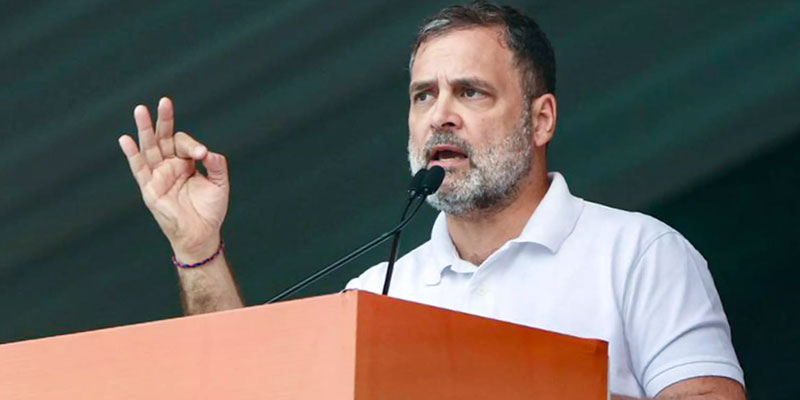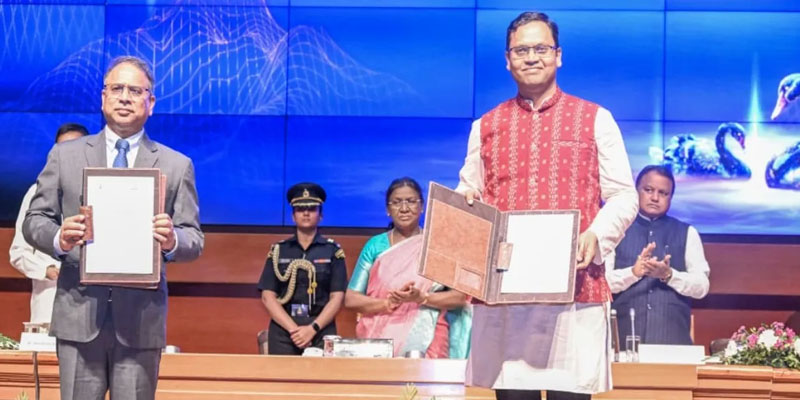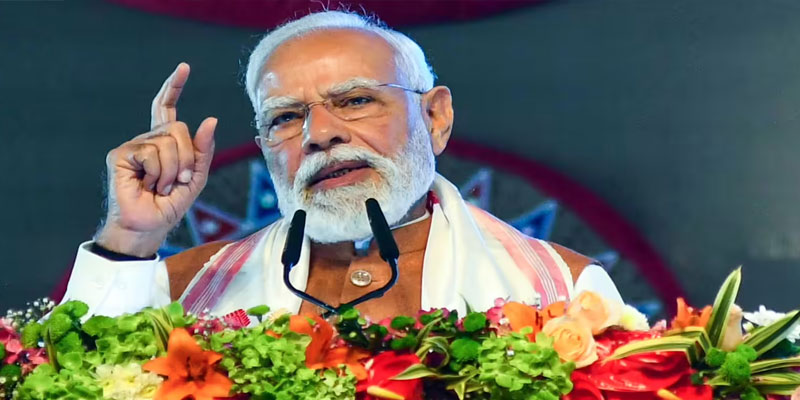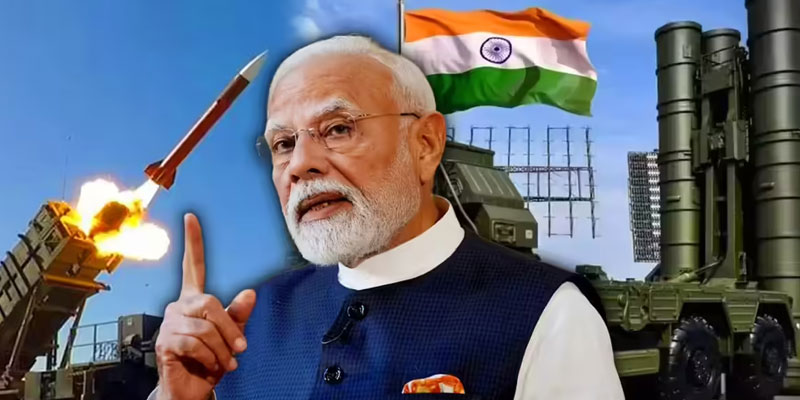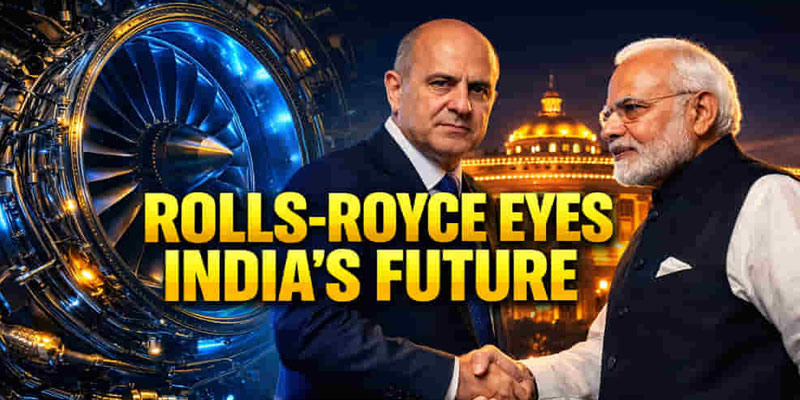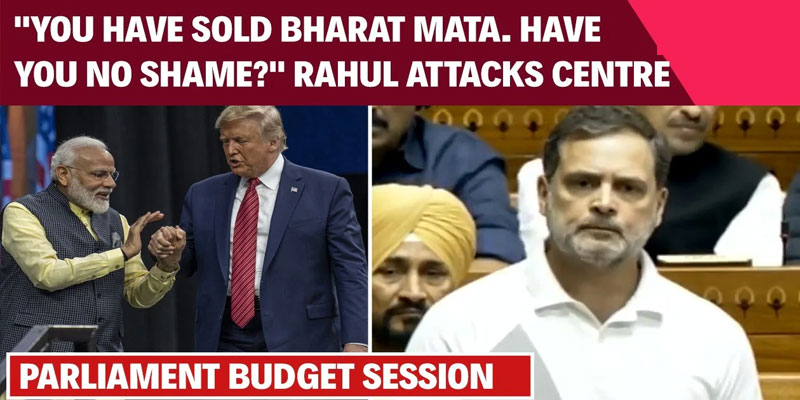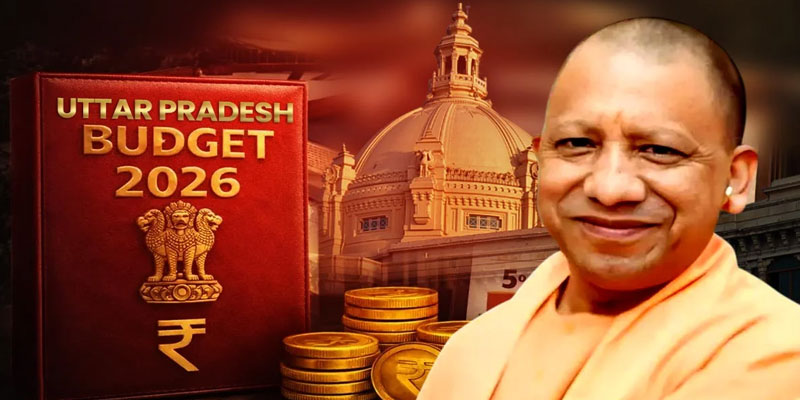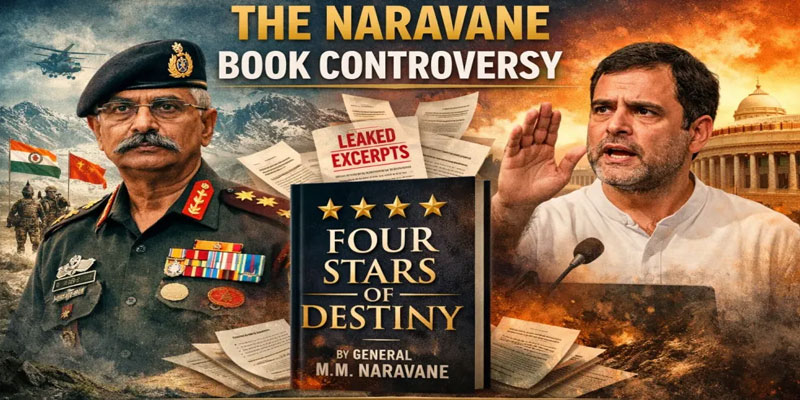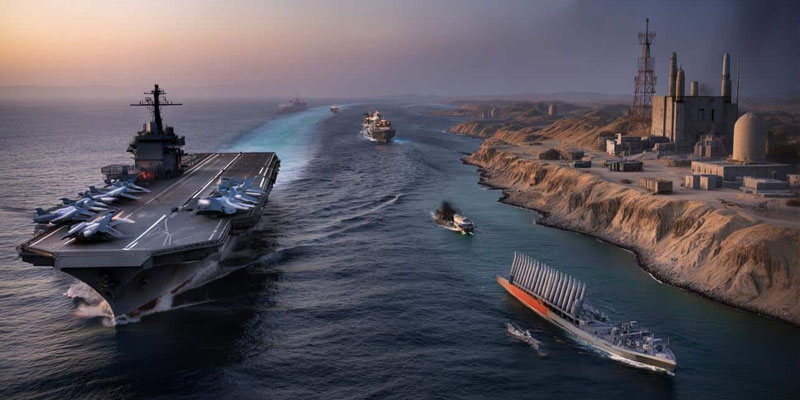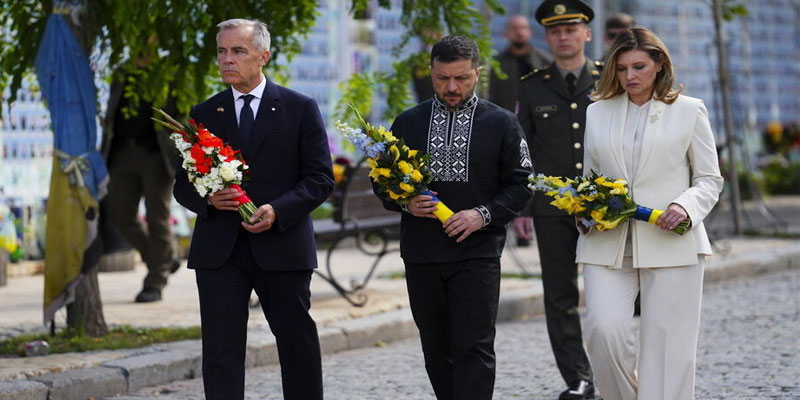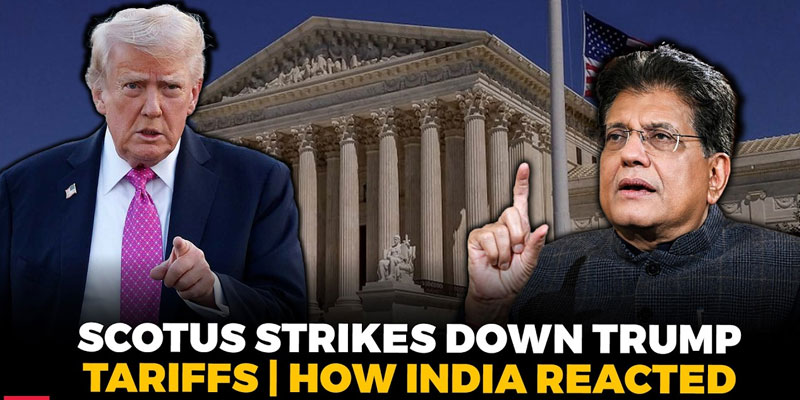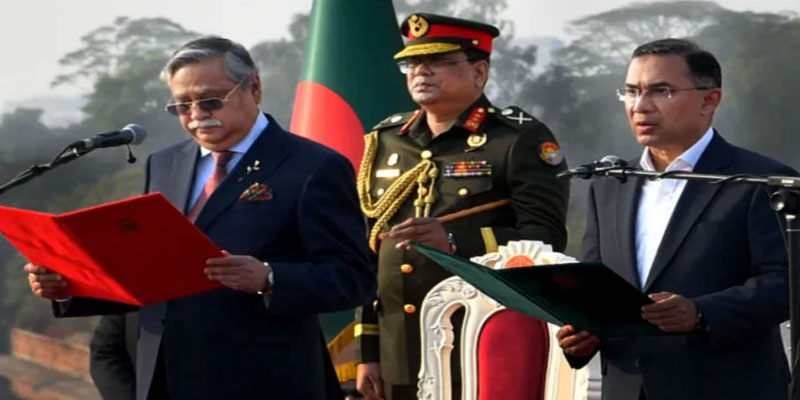A 35-minute phone call between Prime Minister Narendra Modi and US President Donald Trump reinforced India’s unwavering position on Kashmir, as well as its muscular response to terrorism via Operation Sindoor. Here’s a breakdown of the call, Trump’s claims, and the geopolitical currents surrounding this high-stakes conversation.
Operation Sindoor: India’s Swift Reprisal
The context for this critical conversation was rooted in the April 22 terrorist attack in Pahalgam, Jammu and Kashmir, attributed to Pakistan-backed groups. In response, India launched Operation Sindoor—a precise military action targeting terror camps in Pakistan and Pakistan-occupied Kashmir.
Prime Minister Modi briefed Trump in detail about the operation, emphasizing India’s restraint and focus: “measured, targeted, and non-escalatory,” according to Foreign Secretary Vikram Misri. He noted that the operation avoided civilian and military targets unrelated to terrorism and that it sent a clear signal—India will respond to terror with decisive force.
On May 9-10, following intelligence of an imminent Pakistani offensive, Indian forces executed a powerful second strike that rendered multiple Pakistani airbases inoperable. This compelled Pakistan to request a ceasefire—a fact Modi highlighted to Trump, countering the US President’s claim that he had played a mediating role.
Trump’s “Mediation” Claims and Modi’s Unflinching Rebuttal
President Trump, consistent with past behavior, reportedly suggested he had a hand in de-escalating the situation post-Operation Sindoor. This was not the first time Trump publicly offered to mediate the Kashmir issue—a stance India has repeatedly and firmly rejected.
In their phone call, PM Modi reiterated India’s policy with unambiguous clarity: India has never accepted, does not accept, and will never accept third-party mediation on Jammu and Kashmir. This position, Modi told Trump, enjoys “complete political unanimity” across India.
Foreign Secretary Misri confirmed the message was unmistakable and assertive, aimed at eliminating any misperceptions about international involvement in a matter India deems strictly bilateral.
Geopolitical Underpinnings: Pakistan, the US, and Regional Turbulence
The timing of the conversation gains added weight considering Trump’s scheduled meeting with Pakistan Army Chief General Asim Munir in Washington. With tensions flaring in the Middle East—particularly between Iran and Israel—and Pakistan’s strategic location, the US finds itself balancing its regional alliances.
India is watching closely, wary of any recalibration in Washington’s South Asia strategy. Modi’s reiteration of India’s firm anti-terrorism stance and sovereignty over Kashmir was a deliberate reminder: India will not tolerate diplomacy that undermines its core national interests.
No Trade-Offs: Trade Deals, Nukes, and False Narratives
Trump also floated the idea that trade negotiations or economic leverage influenced the de-escalation between India and Pakistan. PM Modi decisively refuted this narrative. He stated no trade discussions occurred during the conflict and emphasized that cessation of hostilities was initiated by Pakistan, not brokered by external forces.
The communication between Indian and Pakistani militaries was strictly bilateral, via existing military hotlines. India’s decisions were based on real-time threats and national security imperatives—not diplomatic theatrics.
Sovereignty, Not Spectacle
In the complex chessboard of international diplomacy, Prime Minister Modi’s message to Donald Trump served as a strategic anchor—anchoring India’s sovereignty and strategic autonomy amid global instability.
Modi’s unwavering stance on Kashmir is not just rhetoric—it’s a policy cornerstone rooted in constitutional, political, and military consensus. In rejecting mediation, India reinforces the primacy of bilateralism and the futility of external “intervention diplomacy” in the subcontinent.
Trump’s tendency to overstate his influence may serve his personal brand, but it collides with India’s disciplined foreign policy doctrine. In this call, Modi didn’t just clarify a position—he reasserted a principle: India’s sovereignty is not up for negotiation, and Kashmir’s future will be shaped not in Washington or Islamabad, but in New Delhi.
In an increasingly turbulent world, such clarity is not just refreshing—it’s essential.
(With agency inputs)


